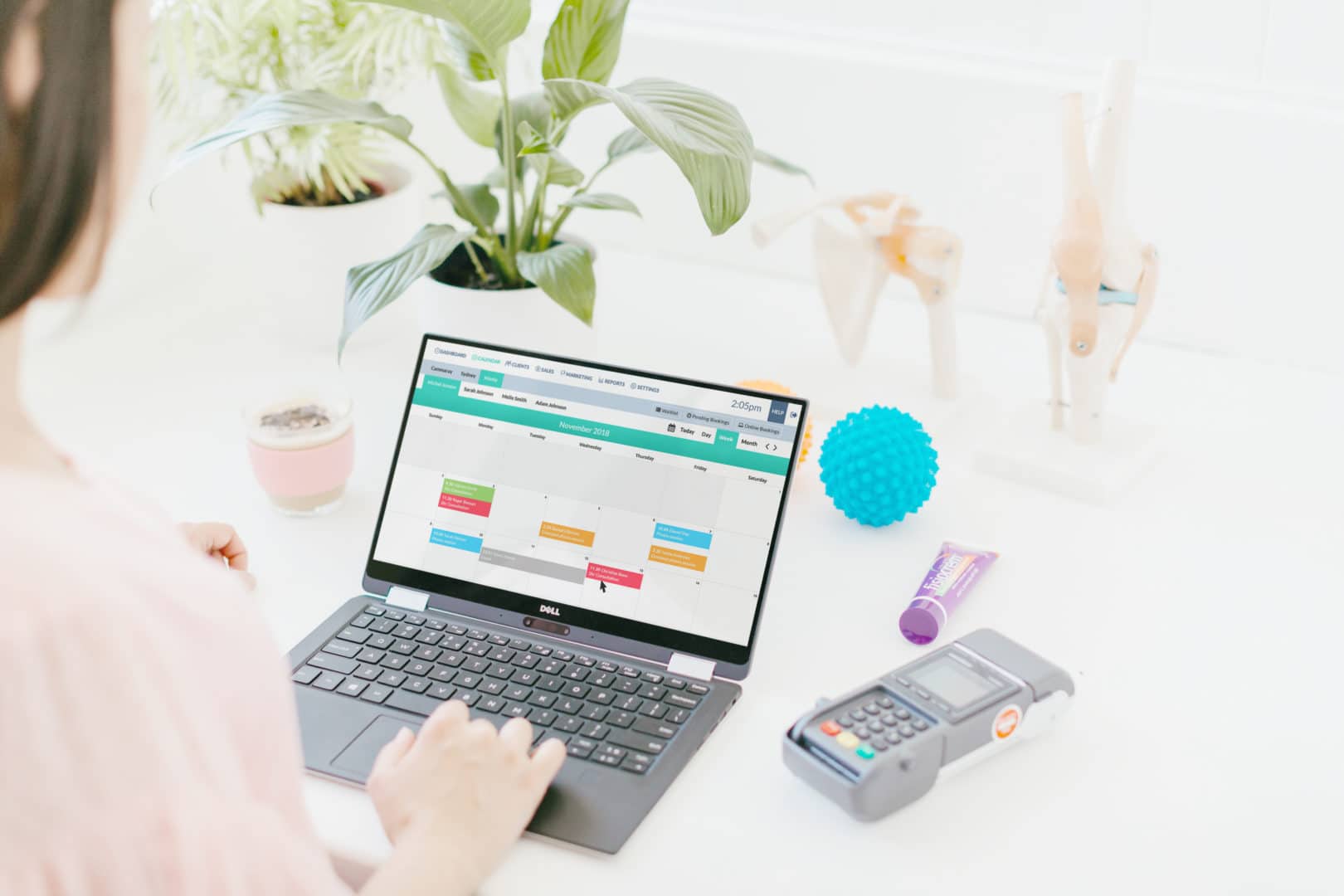Patient confidentiality, privacy of treatment and maintaining trust and integrity in delivering health services has always been of the utmost importance, but this year’s complexities has made their priority even more significant.
The way in which patient privacy has been managed has changed due to the rise of telehealth, but now it’s sharply influenced by the pandemic and working from home.
How are health clinics and practitioners navigating the new reality of services that are delivered remotely?
The rise of telehealth
Many Australians have either chosen or have been virtually pushed into accepting remote telehealth across a variety of health services.
Many face-to-face clients have become remote clients, and this comes with its own hurdles.
It’s up to you to ensure that you’re providing a safe and reliable service that mitigates security and privacy concerns while still providing excellent health services.
Be upfront with your client
Putting minds at ease is the name of the game.
Before you start a session, make sure you’re very upfront about the setup you’re using. Tell clients about the solutions you use and the steps you’ve taken to ensure their privacy is being respected.
This will go a long way to increasing trust in telehealth and, frankly, your patients and clients have a right to know.
Get your house in order
By this we mean your home IT ecosystem. If you’re providing telehealth services from your home, you need to ensure its security.
- Start with your Wi-Fi. Even if you believe it to be secure, the moment you begin telehealth from home, go ahead and change your passwords. You never know if you’ve had a security breach which has gone unnoticed this entire time.
- Now move on to your devices. Change the passwords on all devices used for telehealth services.
- Now, update your antivirus software and sign up for first class services if you don’t have any.
- Run a security scan on your devices to pick up any latent threats that may already exist.
- Consider using an onion router or VPN for additional security.
- Go online and find courses and tips to avoid phishing scams. During COVID-19 such intrusions are becoming increasingly prevalent and sophisticated, so ensure you’re up to date on common scams, especially through email.
A secure space
Furthermore, you should ensure that the room or space you choose to conduct your consultation is secure and private.
Make sure the door is locked and that the audio of your session cannot be heard by those in your home or in adjacent abodes. Similarly ensure that nobody can see your screen through a window or nearby room.
Never leave your device open or unlocked when you leave your space. And again, make sure your passwords are strong and refreshed.
Practice management software security
Next up – ensure your practice management software, which holds important client details and medical notes, is entirely secure.
This is the home base, so to speak, of sensitive client data, and could be a point of incursion by nefarious agents if not properly secured.
By entrusting this data to a solution like Better Clinics you’ll be assured security through a number of measures:
- secure data hosting
- industry leading encryption
- PCI compliant payments
- GDPR privacy compliance (for EU clients)
If you access this information through your smartphone, ensure you have a strong form of protection such as biometric security (fingerprints, facial recognition or iris scanning) or a very strong password.
Telehealth videoconferencing security
The means with which you deliver telehealth services, including the video and audio virtual meeting solution, needs to be particularly secure.
Be sure to invest in an industry standard video conferencing solution with requisite security measures and encryption to ensure there’s no incursion.
Do your research and talk to appropriate associations, regulatory bodies and colleagues, and make sure you download your chosen teleconferencing solution from a reliable vendor or app store.

